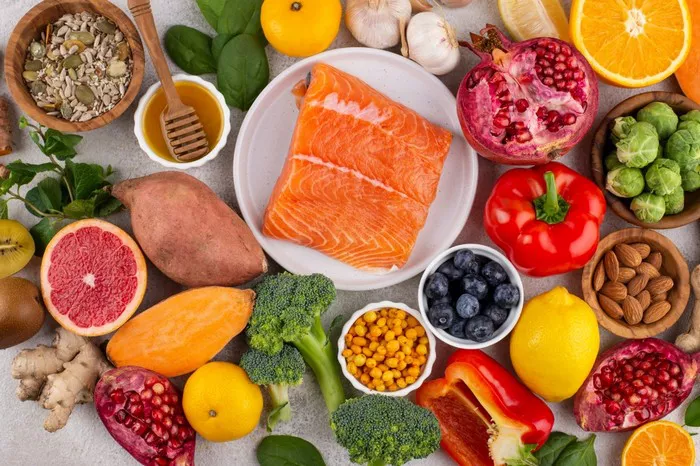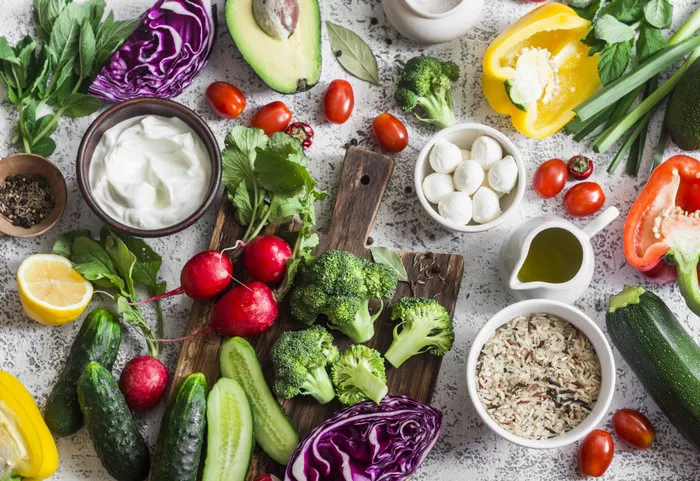Fatty liver disease, characterized by the accumulation of fat in liver cells, has become increasingly prevalent in our modern world. The condition can lead to inflammation, scarring, and potentially more serious liver-related complications. Addressing fatty liver requires a comprehensive approach, with diet playing a crucial role in its management and prevention. In this article, we delve into the intricacies of fatty liver disease and explore the best diet plan to support fatty liver treatment and overall liver health.
Understanding Fatty Liver Disease
Fatty liver disease exists in two forms: alcoholic fatty liver disease (AFLD) and non-alcoholic fatty liver disease (NAFLD). The latter, often referred to as non-alcoholic steatohepatitis (NASH), is commonly associated with obesity, insulin resistance, and metabolic syndrome. NAFLD can progress to more severe conditions like cirrhosis or even liver cancer if left untreated.
The Role of Diet in Fatty Liver Management
Diet plays a central role in the development and progression of fatty liver disease. Excessive consumption of refined sugars, unhealthy fats, and processed foods contributes to fat buildup in the liver. On the other hand, adopting a balanced and nutritious diet can help reverse the condition and promote liver health.
Key Diet Guidelines
Adopting a diet that supports liver health involves making mindful food choices that prioritize nutrient density, reduce inflammation, and aid in weight management.
Embrace Whole Foods:
Whole foods, including fruits, vegetables, whole grains, lean proteins, and healthy fats, should form the foundation of your diet. These nutrient-rich options provide essential vitamins, minerals, and antioxidants that promote overall health and help combat inflammation.
Healthy Fats:
Replace saturated and trans fats with heart-healthy fats such as those found in avocados, nuts, seeds, and fatty fish like salmon. Omega-3 fatty acids, in particular, have anti-inflammatory properties and can support liver health.
Reduce Added Sugars:
Excessive sugar consumption is linked to insulin resistance, which can contribute to the development of fatty liver. Minimize your intake of sugary beverages, sweets, and processed foods high in hidden sugars.
Complex Carbohydrates:
Opt for complex carbohydrates like whole grains, legumes, and vegetables. These choices release energy slowly, preventing rapid spikes in blood sugar levels and helping to manage insulin resistance.
Lean Proteins:
Incorporate lean protein sources like poultry, fish, tofu, and legumes into your meals. Protein supports muscle maintenance, metabolism, and overall satiety.
Portion Control:
Managing portion sizes is key to weight management and preventing overconsumption of calories. Even nutrient-dense foods can contribute to weight gain if eaten in excess.
Limit Alcohol Intake:
If you have alcoholic fatty liver disease, it’s imperative to limit or eliminate alcohol consumption. Alcohol can exacerbate liver damage and hinder the healing process.
Hydration Matters:
Adequate hydration is essential for liver function. Water helps flush toxins from the body and supports various metabolic processes.
Promising Dietary Approaches for Fatty Liver
Several dietary approaches have gained attention for their potential to alleviate fatty liver disease and promote liver health.
Mediterranean Diet:
Rich in fruits, vegetables, whole grains, lean proteins, and healthy fats, the Mediterranean diet is known for its anti-inflammatory properties. It has shown promise in reducing liver fat and improving liver enzymes.
Low-Carb Diet:
A low-carbohydrate diet that focuses on healthy fats and lean proteins can help regulate blood sugar levels, improve insulin sensitivity, and reduce liver fat.
Plant-Based Diet:
A plant-based diet that prioritizes vegetables, fruits, whole grains, legumes, and plant-based proteins can provide a wide range of nutrients while reducing inflammation and supporting weight loss.
Intermittent Fasting:
Intermittent fasting involves cycling between periods of eating and fasting. It has shown potential in reducing liver fat, improving insulin resistance, and promoting weight loss.
Consult a Healthcare Professional
While dietary changes can be beneficial for managing fatty liver, it’s essential to work closely with a healthcare professional, such as a doctor or registered dietitian. They can provide personalized guidance based on your specific health condition, needs, and goals. Individuals with fatty liver may have underlying medical conditions that need to be addressed, and a healthcare provider can create a tailored plan that takes these factors into account.
Conclusion
Fatty liver disease is a condition that demands attention and a holistic approach to management. A carefully crafted diet plan can play a pivotal role in reversing the effects of fatty liver, reducing inflammation, and promoting overall liver health. By embracing whole foods, healthy fats, lean proteins, and balanced portions, you empower yourself to make choices that support your liver and your well-being. Remember that a sustainable diet plan is not a quick fix but a long-term commitment to nurturing your body and prioritizing your health. As you embark on this journey, let your plate be a canvas for vibrant, nourishing foods that contribute to a healthier you.























